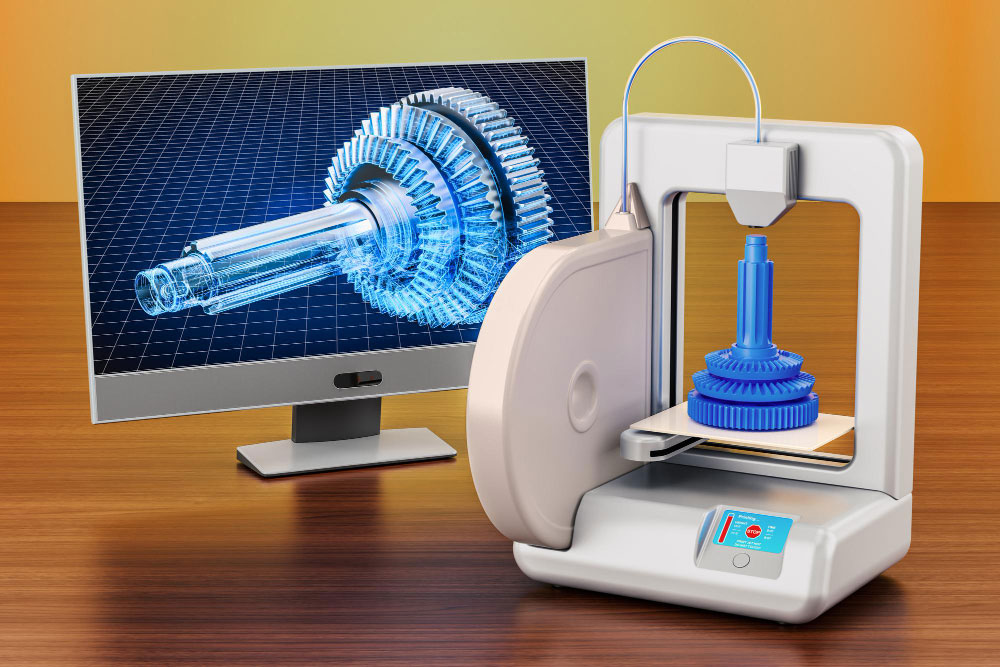Reverse engineering, the process of deconstructing a product or system to understand its design and functionality, has become a vital aspect of modern industrial applications. It bridges the gap between innovation and practicality, enabling industries to recreate, improve, or customize existing technologies. While the potential of reverse engineering is immense, it comes with its own set of challenges and opportunities.
Challenges in Reverse Engineering Services
- Complexity of Original Designs:
Many industrial products are highly complex, often involving intricate designs and advanced materials. Understanding and replicating such systems without access to the original design specifications can be daunting and time-consuming. - Technological Limitations:
Despite advancements, reverse engineering heavily relies on the precision of tools like 3D scanners, CAD software, and other modeling systems. Errors in data capture or modeling can lead to inaccuracies, impacting the final output. - Intellectual Property Concerns:
Navigating the thin line between ethical reverse engineering and violating intellectual property rights poses a significant legal challenge for service providers. - High Costs and Resources:
Reverse engineering requires skilled personnel, specialized equipment, and significant investment in technology, which can drive up operational costs. - Integration with Modern Technologies:
Incorporating older designs into modern systems often involves compatibility issues, requiring extensive customization and testing.
Opportunities in Reverse Engineering Services
- Enhanced Innovation:
Reverse engineering opens doors to innovation by providing insights into existing designs. This can lead to the development of improved or entirely new products tailored to current market demands. - Cost-Effective Solutions:
Industries can save costs by replicating essential components instead of sourcing expensive or obsolete originals. This is particularly beneficial in sectors like aerospace, automotive, and heavy machinery. - Customization and Optimization:
Reverse engineering enables industries to modify and optimize products for specific applications, boosting efficiency and functionality. - Legacy System Support:
For industries relying on outdated equipment, reverse engineering provides a lifeline by enabling the reproduction of spare parts that are no longer available in the market. - Market Competitiveness:
Companies leveraging reverse engineering can stay ahead of competitors by quickly adapting to new technologies and consumer needs.
Driving Innovation in Industrial Applications
The role of reverse engineering in industrial innovation cannot be overstated. It empowers companies to analyze competitors’ products, refine their own designs, and adopt cutting-edge technologies. In industries like steel, petrochemicals, and energy, reverse engineering has led to breakthroughs in manufacturing processes, equipment performance, and product quality.
Conclusion
Despite its challenges, reverse engineering continues to evolve as a crucial tool for industrial growth and innovation. By addressing its limitations through advanced technology and skilled expertise, companies can unlock its full potential to drive efficiency and competitiveness.
Partner with Pyramid Technomate
At Pyramid Technomate, we specialize in reverse engineering services, helping industries overcome challenges and leverage opportunities. From spares replication to system optimization, our expert team delivers innovative solutions tailored to your needs.
📞 Contact us today: +91-9769330991
📧 Email: sales@pyramidtechnomate.com






